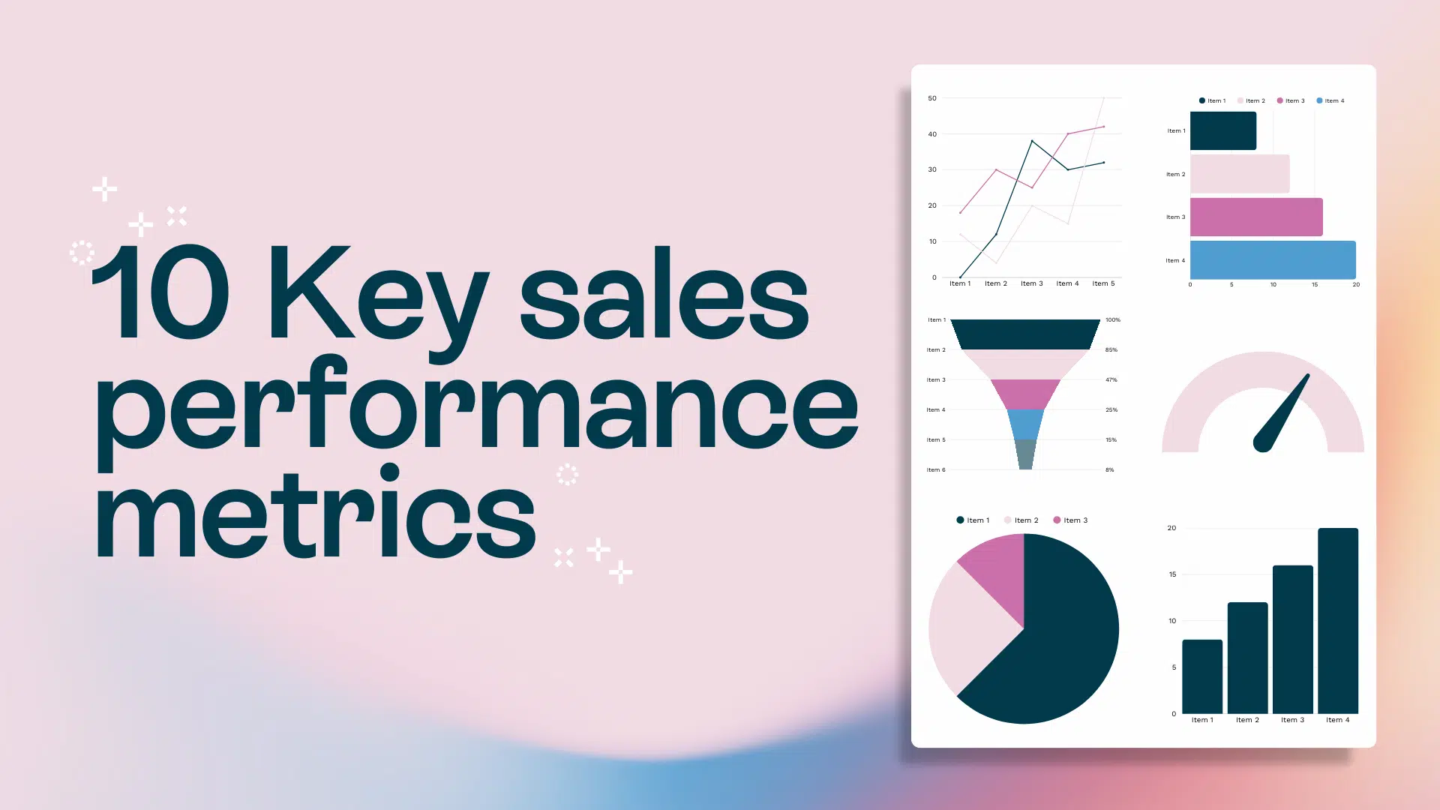In this article, we’re interviewing a B2B legend, Michael Heiberg, CEO and founder of Ocean.io, who has spent over 30 years in international software development and sales operations. Michael is a seasoned sales leader blending resilience, adaptability, and forward-thinking vision in his leadership style.
From groundbreaking AI models to leading companies in Europe and the US, Michael’s career path offers a roadmap for those in sales operations looking to shape the future of their field.
1. Start with a bold vision and adapt it as you grow
Michael’s idea for Ocean.io began with a simple goal: make B2B prospecting as efficient as B2C lookalike modeling. Inspired by Facebook’s approach, he wanted to apply similar techniques in a business context. “I always wished I could find 10 or 20 lookalikes of my best customer,” he explains. But implementing this vision in B2B was far more complex, requiring years of adaptation. His takeaway? Start with a big idea, but be prepared to evolve it. For sales ops teams, this means maintaining a clear strategy while staying flexible in the face of shifting market needs.
2. Embrace automation to redefine efficiency for sales operations
Michael believes that automation is the future of sales, especially at the top of the funnel. “The days of SDRs are dead,” he says, explaining that entire processes can now be automated — from finding leads to engaging them with tailored outreach. For sales ops, Michael’s perspective is a reminder that embracing automation can drastically improve efficiency. By implementing tools and AI-driven systems, sales ops can free up reps for high-value tasks, making the sales process smoother and faster.
Read also: How to automate the entire sales process with Oneflow?
3. Leverage cultural differences in new markets
Having spent years working internationally, Michael points out a key distinction between American and Nordic buyers. “Nordics look for holes in the cheese; Americans look for opportunity,” he notes, highlighting the difference in mindset. For sales operations, understanding these cultural nuances can improve outreach strategies and product positioning when expanding into new regions. Tailoring messages to align with regional mindsets can make the difference in gaining market traction.

4. Surround yourself with complementary talent
As an entrepreneur and visionary, Michael knows his strengths but also recognises his limits. “I’m not a team builder in sales; I’m an artist in sales,” he admits, emphasising the importance of hiring people with complementary skills. Sales operations teams can learn from this approach by identifying and filling skill gaps. By bringing in diverse talents, teams can create a balanced, high-functioning environment where different strengths drive collective success.
Read also: 7 things sales leaders are doing in 2025
5. Innovation isn’t always easy, but persistence pays off
Michael’s journey with Ocean.io wasn’t smooth sailing. For years, he struggled to communicate the value of his AI model until OpenAI launched ChatGPT. “Overnight, everyone got it,” he says, describing the turning point for Ocean.io. in sales operations, pushing for new processes or technologies can meet resistance, but staying committed often pays off. Persisting through early challenges, and finding the right timing for innovation, can transform obstacles into breakthroughs.
6. Be a forever sponge to keep up with change
Michael credits his openness to new ideas and eagerness to learn as key factors in his success. Despite decades in the industry, he actively adapts to new models and technologies. “Be forever a sponge,” he advises, underscoring the importance of continuous learning. For sales ops professionals, this means staying current on new tools, trends, and techniques. By fostering a culture of learning, teams can remain agile and responsive in an ever-evolving sales landscape.
Conclusion
Michael Heiberg’s career embodies the importance of vision, resilience, and adaptability. His journey from big tech to pioneering AI-powered sales automation provides valuable lessons for sales operations teams aiming to drive efficiency and innovation. Embrace bold ideas, adapt to change, and don’t be afraid to push boundaries. These principles can help sales ops professionals build sustainable success in a fast-paced industry.








